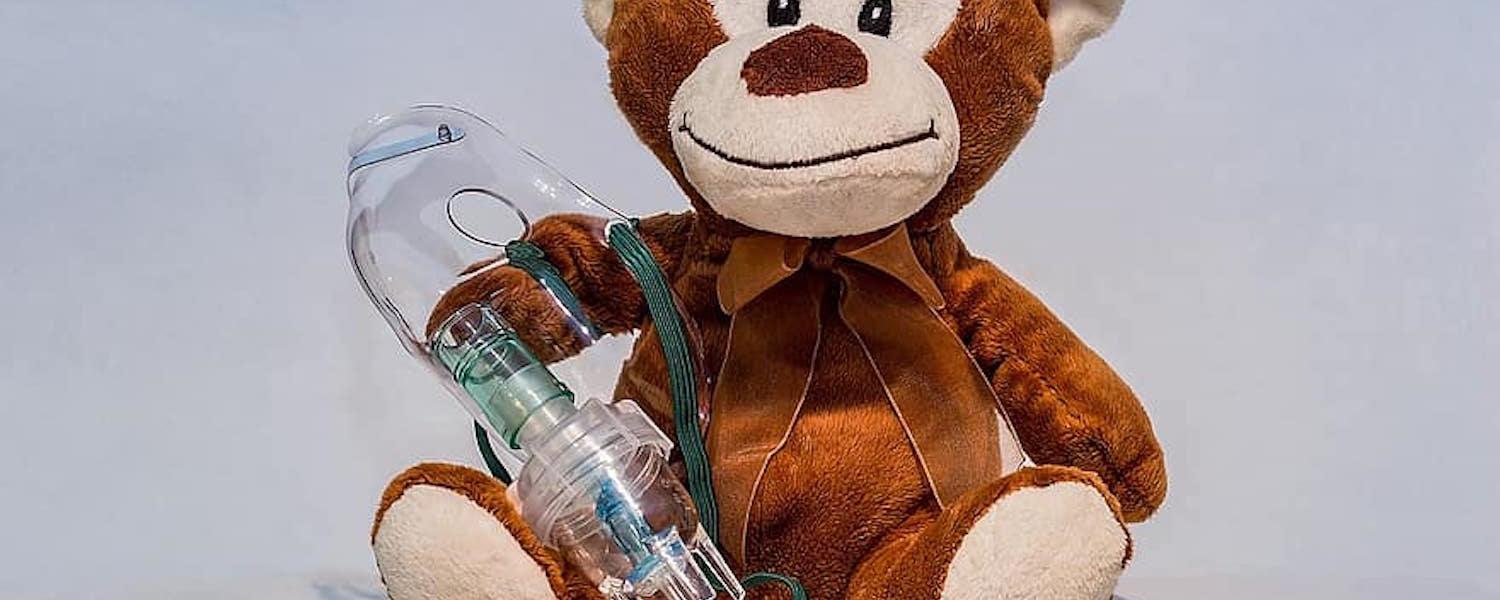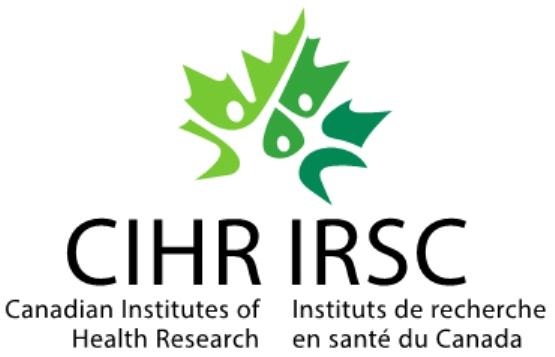
BIPED Study
A Randomized Controlled Trial Comparing Epinephrine and Dexamethasone to Placebo in the Treatment of Infants with Bronchiolitis
Study Summary
Bronchiolitis is the leading cause of infant hospitalization in North America and accounts for a substantial burden of illness and health-related expenditures. Members of our team, supported by their federally-funded research networks, have led two large multicenter trials that have generated key evidence in the treatment of bronchiolitis with the aim of reducing hospitalizations. Currently no published guidelines for bronchiolitis endorse the use of combined epinephrine and dexamethasone in the treatment of bronchiolitis, with most citing the need for further evidence. Additionally, only supportive care (e.g. fluids and oxygen) is recommended at present. Bronchiolitis continues to exert significant burden of illness worldwide. Furthermore, given the known synergy between beta-agonists and steroids in asthma, the biological evidence for synergy, and promising preliminary clinical results in bronchiolitis, definitive evidence regarding the benefit of combined epinephrine and dexamethasone in bronchiolitis is needed in order to promote evidence-based practice for this common disorder. Also given the potential risks of sustained high doses of dexamethasone, the broad concerns about adverse effects of steroids by practicing clinicians, and evidence to suggest a shorter course of dexamethasone is as effective as a longer course, examination of whether a shorter course of corticosteroid is effective is essential. Finally, given the heterogeneity across clinical trials, guidelines and clinical practice in defining bronchiolitis, we need to examine these interventions in a population which truly reflects patient care. We propose such a multicentre clinical trial that will compare nebulized epinephrine and two doses of oral dexamethasone (over two days) to nebulized saline and oral placebo. The primary outcome will be admission to hospital up to 7 days following enrolment. The patient-based outcomes assessed in this trial – hospitalization rates, symptoms, costs of care, and risk of adverse events - will be of wide interest to caregivers, clinicians, and health care administrators alike.
Objectives
- To determine if treatment of infants presenting with bronchiolitis to the Emergency Department (ED) with nebulized epinephrine and a 2-day course of oral dexamethasone is effective in reducing the need for admission to hospital (due to bronchiolitis) by day 7 post enrolment compared to placebo
- To determine if treatment of infants presenting with bronchiolitis to the ED with nebulized epinephrine and a 2-day course of oral dexamethasone is effective in reducing admissions to hospital (for bronchiolitis) at enrolment ED visit compared to placebo
- To determine if there is a difference between groups in all cause admission within 21 days post enrolment, all cause health care provider visits over 21 days post enrolment, and health care-related costs
- To examine the safety of epinephrine and dexamethasone when used to treat bronchiolitis among infants
Principal Study Investigator: Dr. Amy Plint
Leading Institution: Children's Hospital of Eastern Ontario
PERT Site Investigator: Dr. Graham Thompson
PERT Site Research Coordinator: Kelly Kim, Sarah Williamson-Urquhart
Study Team: Candice McGahern, Danielle Garceau, Dr. Terry Klassen, Tannis Erickson, Chelsea Bowkett, Dr. Andrew Dixon, Mithra Sivakumar, Dr. Scott Sawyer, Lise Bourrier, Dr. Serge Gouin, Marie-Christine Auclair, Dr. Gary Joubert, Sharlene Elsie, Dr. Stuart Dalziel, Megan Bonisch, Dr. Chris Lash, Shirley Lawrence, Dr. Alex Wallace, Dr. Christine Brabyn, Dr. Meredith Borland, Sharon O’Brien, Dr. Amit Kochar, Gaby Nivea, Rick Watts, Petros Pechlivanoglou, Anna Heath, Dr. Joe Zorc, Dr. David Johnson, Dr. Suzanne Schuh, Dr. Ed Oakley



